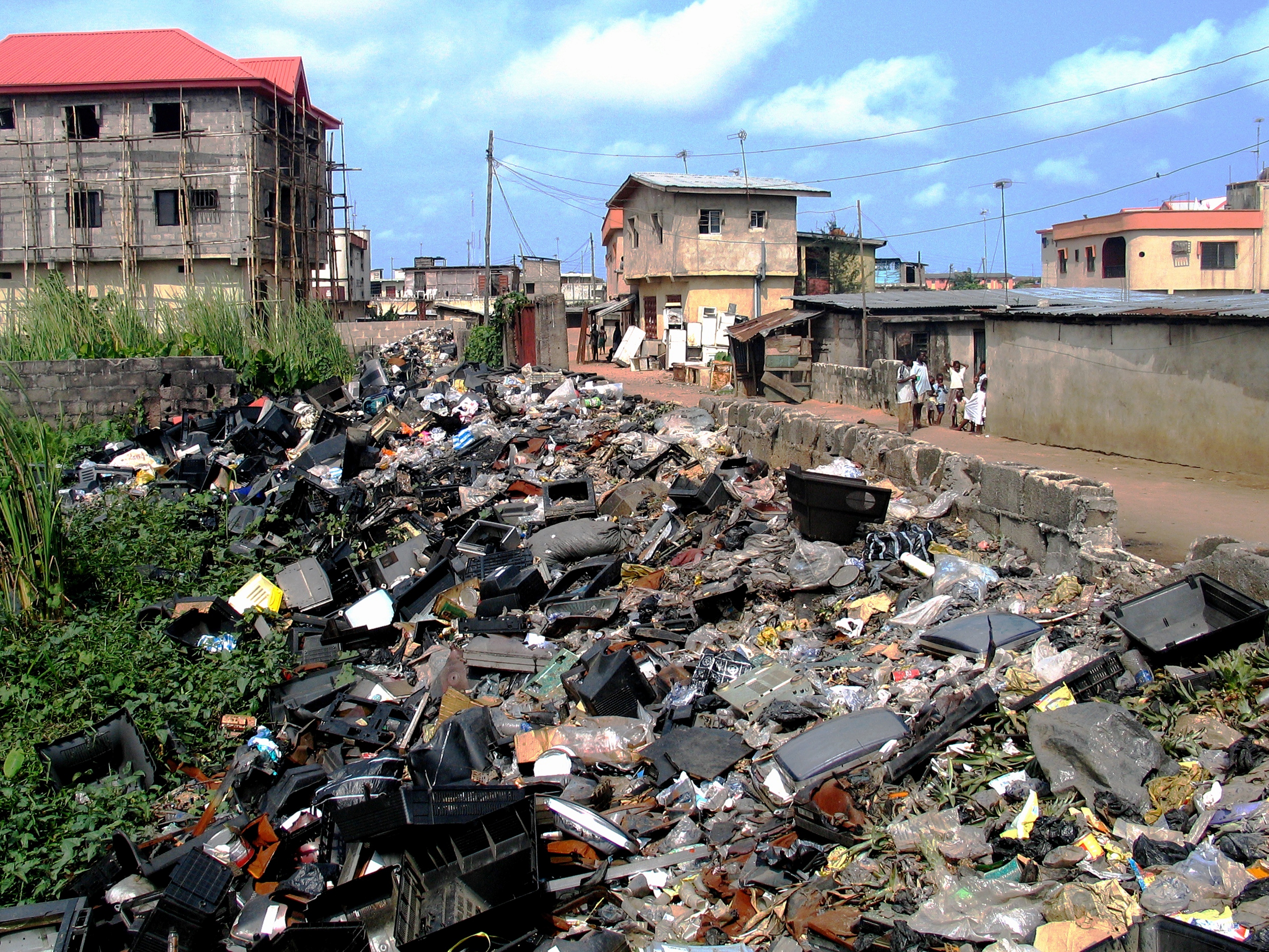Vista could boost PC recycling rates
As people upgrade, surge in returned machines expected

Dell and HP are expecting to see an increase in discarded, outmoded computers as people upgrade to more powerful PCs capable of running Windows Vista , launched last week.
Quanta Computer , the world's largest contract notebook computer maker, has already seen a sales increase as people start upgrading to Vista-ready machines. The company said it shipped over 2 million machines during January, as orders leading up to the Windows Vista launch were strong. Quanta's clients include Apple, Dell and HP.
"As consumers install Windows Vista, they may increase their rate of replacing, refreshing, or updating PCs, and we're certainly happy to work with our customers on the disposal of machines they take out of service," said Michael Cuno, an HP spokesman.
WEEE legislation
Under the Waste Electrical and Electronic Equipment (WEEE) legislation, introduced earlier this year, consumers and resellers are obliged to dispose of their outdated machines without dumping toxic lead, mercury, cadmium and chromium into landfills.
Manufacturers such as Apple and Dell offer free recycling schemes for anyone returning their old Macs or PCs.
Dell said it was too early to predict whether Windows Vista upgrades would drive a surge in consumer recycling, as individuals don't always dispose of their old hardware straight away.
"What we do not want is the old computer to end up in a closet or storage for the next several years, and that's where the challenge of consumer education comes in," a Dell spokesperson said.
Get daily insight, inspiration and deals in your inbox
Sign up for breaking news, reviews, opinion, top tech deals, and more.
Increase in recycling
Dell said it saw an increase in equipment collected from customers to 39 million pounds in 2005, from 22.7 million pounds the year before. HP handles over 1 million returned PCs every year, but that number is likely to go up as people upgrade to newer machines.
At HP's recycling centres, technicians decide whether the machine can be sold on in its entirety, or if valuable parts (such as the processor, or optical drive) can be sold separately. Hard drives are wiped of personal data before they are sold on or disposed of.
However, most computers never even reach recycling centres. According to HP, only 7 million of the 70 million computers that became outdated in 2003 were handed back for recycling by owners. The rest most likely ended up in landfill sites, or shipped to waste handlers in developing nations.
Donate, don't dump
UK charity Computer Aid International urged computer users to donate their old machines to help school children in developing countries. It said each PC is wiped and refurbished, and will help up to 50 children become IT literate.
"Now that the government has introduced the WEEE legislation, many people are confused about how they are able to legally get rid of their old PCs. We can offer people an environmentally and ethically sound solution," Tony Roberts, chief executive of Computer Aid said.
To run Windows Vista Premium, users need a PC with a dual-core processor and 2GB of RAM, Dell advised.